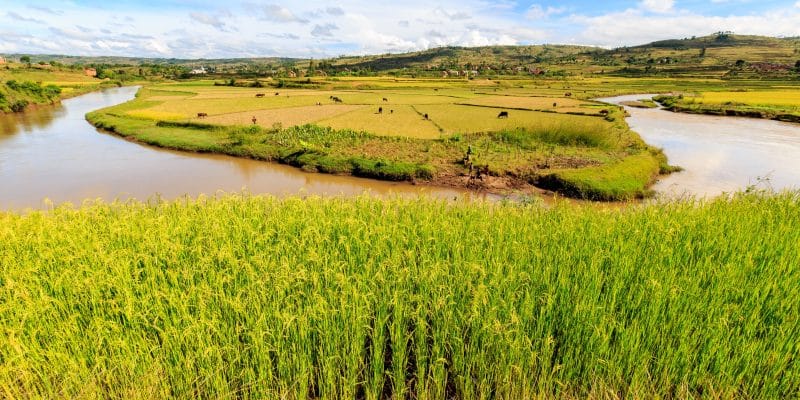In Benin, stakeholders in the "wood and forestry" and "soy and rice" sectors have just taken part in workshops to encourage voluntary commitment to preserving biodiversity. The initiative of the International Union for Conservation of Nature (IUCN) is part of the implementation of the Biodiversity Commitment Project (Biodev2030).
The city of Cotonou in Benin hosted from 8 to 9 December 2022, a workshop to educate stakeholders in the “soy and rice” sector on the benefits of preserving biodiversity in their value chain. The work enabled participants to have a common understanding of the characteristics of their sector, the importance of biological diversity and the pressures that certain professional practices exert on the natural environment, as well as the environmentally responsible practices that can be adopted.
Through consensus, the key actors to be mobilised for this objective were identified, as well as the desirable changes on the part of each actor, and the constraints and opportunities that such changes represent for each.
Reducing the environmental impact of rice and soybean cultivation
The rice-soybean stakeholder incentive workshop took place one day after the workshop for wood and forestry stakeholders. Organised by the International Union for Conservation of Nature (IUCN), in collaboration with the General Directorate of Water, Forests and Hunting and the non-governmental organisation (NGO) Eco- Benin, this series of two workshops is part of the implementation of the Biodiversity Commitment Project (Biodev2030).
The objective of these workshops is to lead later to the signing of voluntary commitments by actors in the two sectors to preserve biodiversity along their respective value chains. This was the case on 29 November 2022 in Tunisia, with the banking, cement and mineral water sectors.
Read also-TUNISIA: Economic sectors join « Biodev2030 » for biodiversity
A recent study carried out within the framework of the Biodev2030 project indicates that the “wood and forestry” and “soy and rice” sectors are the source of multiple environmental impacts and consequently on Benin’s biological diversity. In the absence of actions to reduce the risks to the state of the natural environment (water, soil, biological resources, etc.), this has a negative impact on the well-being of human populations. This is particularly true of the decline in natural soil fertility, which reduces agricultural yields and therefore the income of small farmers.
Boris Ngounou







